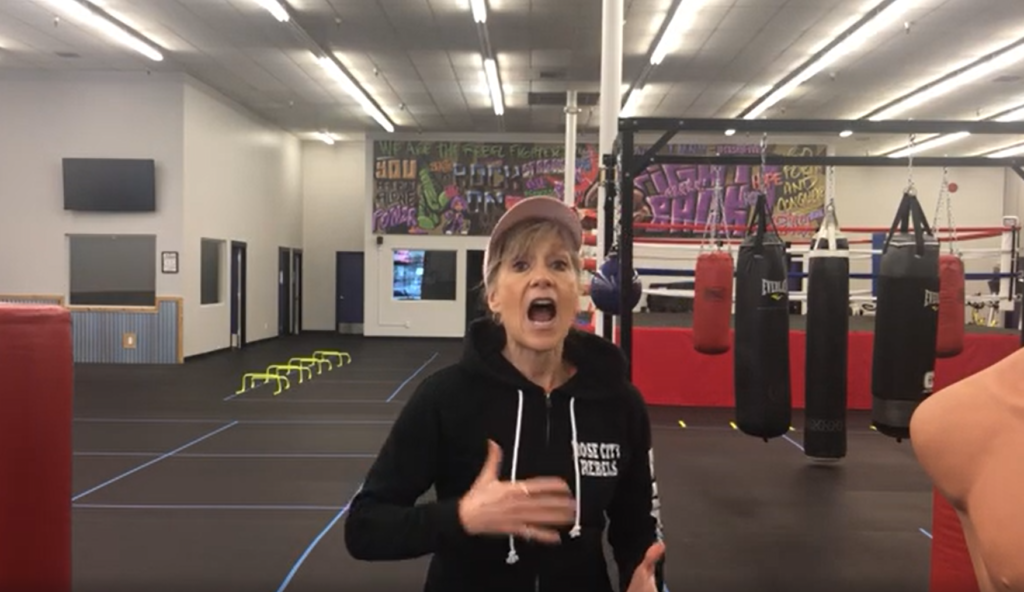
Parkinson disease affects your voice and communication in many ways. The most common issues people with Parkinson’s experience are a soft voice, mumbling, slurring and/or rapid speech.
Parkinson’s can also affect your communication in other ways. For instance, the volume you hear yourself speak may seem like yelling, but the person listening to you will say that your volume sounds normal to them.
Sometimes when you are trying to speak louder with more intent, you may lose your train of thought or the next word you were going to say.
Others tell me that while they are trying to talk loud and project, they feel like their vocal cords are becoming weak or their voice feels hoarse.
It can be frustrating trying to talk, and many times you may prefer not to. However, I would encourage you not to stay silent. Doing so can lead to social isolation. Your support partner may even start talking for you to try and help, but that actually makes the cycle worse.
If you’re experiencing any of the difficulties I mentioned above, I want you to try this exercise. It is just one of many quick, fun drills you can do to start becoming more confident speaking!
Watch this video to learn how to work you voice and memory at the same time:
I love this exercise! As a first responder, there have been so many times during an emergency that I couldn’t hear the person’s responses to my important questions about what medications they take or what their home phone number is. These answers should roll off your tongue easily and with intent. In fact, people often can’t answer these questions in a normal conversation!
EXERCISE INSTRUCTIONS:
- First, stand or sit up straight and tall.
- Have someone video you saying the following (You may have to rehearse these answers with a partner. Write the answers on a card and put in front of you):
- “I need help!”
- “I have Parkinson’s Disease/Diabetes/A Heart Condition/Etc.” (Something truthful that you would tell a first responder if you were in trouble.)
- “Call my (husband/wife/friend) (say their name).”
- “Their phone number is (say phone number).”
- “I take (list your medications so paramedics will know if you are on blood thinners or beta blockers).”
- “My doctor’s is (name) at (clinic name).”
- “Take me to (say the name of the hospital you would like to go to if the paramedics ask).”
Practice these a few times each day, and be sure to use your diaphragm. Instead of shouting, speak with intent and power. Soon you’ll be ready for another video to see how much better you articulate and how much stronger your voice becomes.
Keep working on it and video it again (weekly or monthly). The practice is good, and the information and recall are vital, and may save your life!
Coach Kimberly